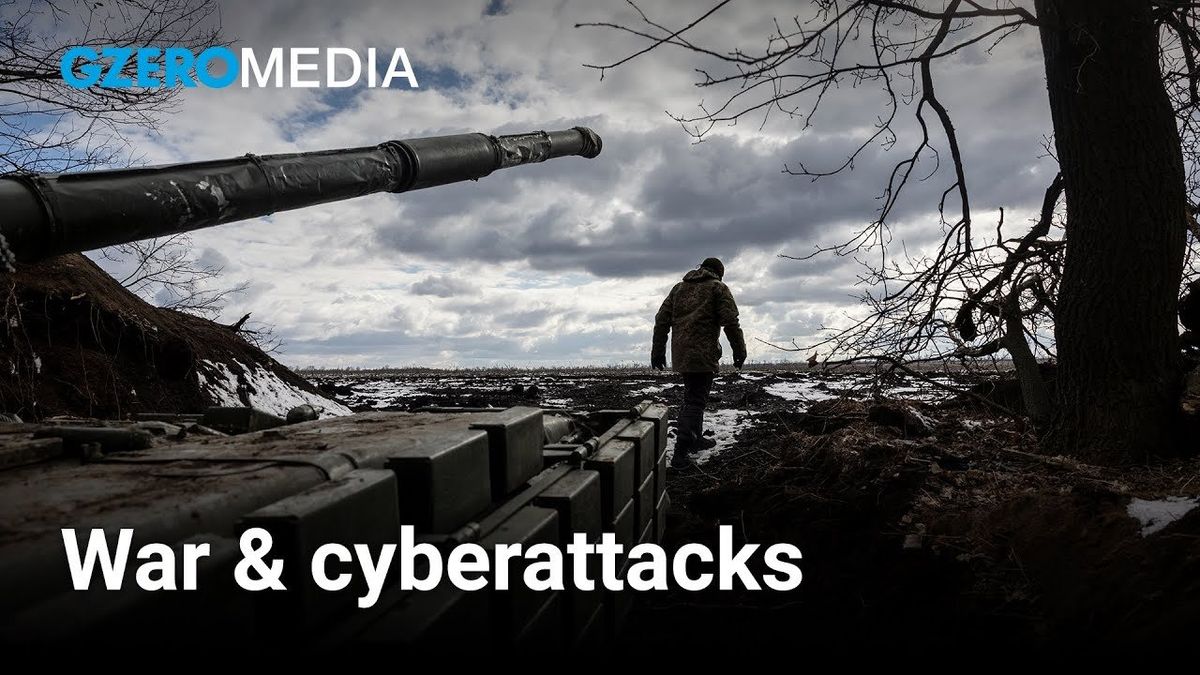They may not be bombs or tanks, but hacks and cyberattacks can still make life miserable for people caught in the crosshairs of conflicts. By targeting key infrastructure and humanitarian organizations, warring governments can deny crucial services to civilians on the other side of no-man's-land.
And just like with conventional weapons, there can be collateral damage, said Stéphane Duguin, CEO of the Cyber Peace Institute. "We have 53 countries in the world targeted by these attacks across 23 sectors of critical infrastructure or essential services," he said. "At the end of the day, you end up having civilians who cannot benefit from essential services because of what has been escalated into another part of the world."
The perpetrators are often not centrally directed either, and may be located all over the world, complicating enforcement efforts. Hear more about what he said about the problem to Eurasia Group Senior Analyst Ali Wyne in a panel discussion which capped “Caught in the Digital Crosshairs,” a video series on cybersecurity produced by GZERO in partnership with Microsoft and the CyberPeace Institute.

















